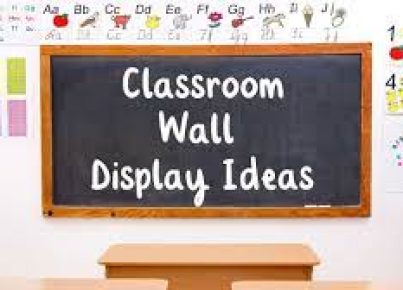Friendship plays an essential role in a person’s social development, and classrooms serve as a hub for forming these connections. However, the school environment can also bring about various friendship issues among students. This article will discuss the most common friendship issues in the classroom and suggests some potential ways to address them.
1. Cliques and Exclusivity
One of the most prevalent friendship issues is the formation of cliques or exclusive groups that leave some students feeling isolated. These cliques can lead to an unhealthy social hierarchy, bullying, and exclusion of others who do not belong to these groups.
Solution: Teachers and school administrators can help prevent cliques by promoting an inclusive classroom environment through team-building exercises and group activities that encourage interaction and cooperation among all students.
2. Peer Pressure
Peer pressure, especially for impressionable youth, can lead to students engaging in uncharacteristic behavior to fit in with their friends. This may include academic cheating, substance abuse, or other risky behaviors.
Solution: Schools should offer support services, such as counseling, to help students navigate the challenges of peer pressure. Additionally, educational programs that promote individuality and resisting negative influences should be implemented.
3. Conflict Resolution
Another common issue is the inability to resolve conflicts reasonably or without resorting to aggression. Disagreements or misunderstandings can escalate into fights or long-term grudges among friends.
Solution: Teachers can play a vital role in teaching conflict resolution skills to their students through role-playing activities, discussions about empathy and understanding others’ perspectives, and promoting open communication within the classroom.
4. Competition
Healthy competition is expected within a classroom setting; however, sometimes, intense rivalry between friends can lead to jealousy and resentment.
Solution: Encourage students to focus on personal growth rather than comparing themselves to their peers by setting individual goals and promoting collaboration over competition.
5. Gossip and Rumors
Schools can be a breeding ground for gossip and the spread of rumors, which can harm friendships and tarnish reputations.
Solution: Teachers should actively discourage gossip in the classroom by setting a positive example and addressing instances of spreading rumors head-on. Encourage open conversation and educate students about the impact of gossip on personal relationships.
In conclusion, friendship issues in the classroom are common but can be managed with proactive interventions by teachers and school administrators. By fostering an inclusive environment that emphasizes empathy, communication, and conflict resolution, schools can help students navigate the often complex world of friendships and social interactions.




